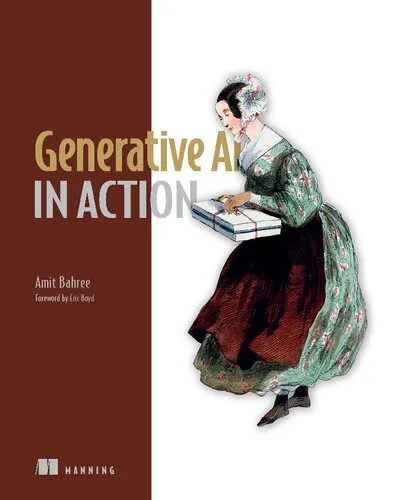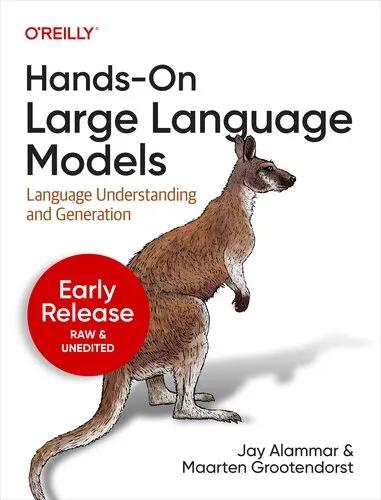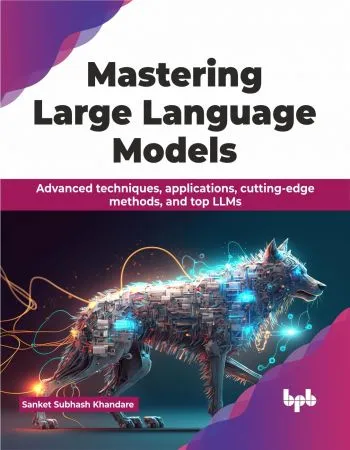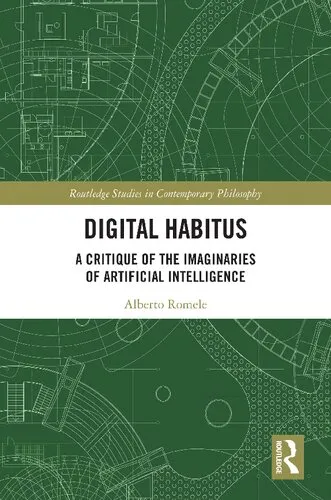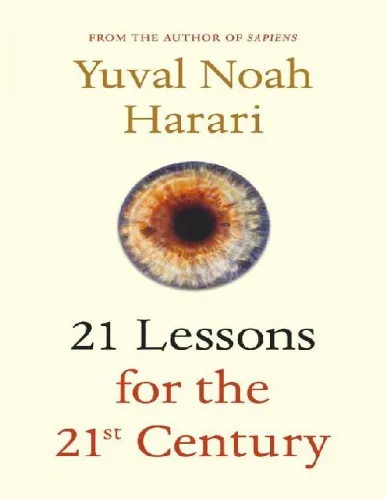From Deep Learning to Rational Machines: What the History of Philosophy Can Teach Us about the Future of Artificial Intelligence
4.9
Reviews from our users

You Can Ask your questions from this book's AI after Login
Each download or ask from book AI costs 2 points. To earn more free points, please visit the Points Guide Page and complete some valuable actions.Related Refrences:
Introduction to "From Deep Learning to Rational Machines: What the History of Philosophy Can Teach Us about the Future of Artificial Intelligence"
In an era where artificial intelligence (AI) relentlessly transforms our lives, understanding its direction and potential is crucial. "From Deep Learning to Rational Machines" by Cameron J. Buckner offers a fascinating exploration of AI's evolution through the lens of philosophical wisdom.
Summary of the Book
The book embarks on a compelling journey by tracing the philosophical underpinnings that could shape the trajectory of AI development. It integrates historical philosophical insights with cutting-edge AI research, illustrating how classical rationality can inform the design of future intelligent machines. Spanning from deep learning marvels to the prospective creation of rational agents, Buckner delineates AI's transformative potential while raising awareness of its ethical and philosophical implications.
Buckner expertly weaves through various philosophical ideologies—from Aristotle's virtue ethics to Kant's deontology—examining how these principles could govern AI systems. The book emphasizes a balanced approach to AI, where human-like rationality rather than mere computational prowess becomes the ultimate goal. This perspective encourages scientists and philosophers alike to reflect on the existential and societal implications of AI, nurturing an environment where technology harmonically coexists with human values.
Key Takeaways
- The integration of philosophical insights can profoundly influence AI's orientation towards human-like empathy and cognition.
- Understanding historical philosophical doctrines can prevent potential ethical dilemmas associated with autonomous AI development.
- AI should aim for rationality that aligns with human values rather than focusing solely on computational efficiency.
- A collaborative dialogue between technologists and philosophers is crucial to fostering AI advancements that benefit humanity.
Famous Quotes from the Book
"In aspiring to create machines that think, we must be cautious not to lose sight of what it means to be rational."
"The quest for artificial intelligence mirrors our quest for understanding intelligence itself—through consciousness, empathy, and ethical consideration."
Why This Book Matters
"From Deep Learning to Rational Machines" is not just a book; it's a beacon for navigating the complex future of AI. By merging historical philosophical doctrines with modern AI challenges, it acts as a vital resource for technologists, ethicists, and policymakers. The book serves as a reminder that while AI holds tremendous promise, it also presents profound philosophical and ethical questions that we must address to ensure its benefits are distributed equitably across society.
It matters because it provokes critical thinking about the true essence of intelligence, rationality, and morality in machine design. With its scholarly depth and accessible narrative, Cameron J. Buckner's work equips readers with the philosophical acumen to engage with AI advancements meaningfully, making it an indispensable addition to the discourse on AI's future.
Free Direct Download
You Can Download this book after Login
Accessing books through legal platforms and public libraries not only supports the rights of authors and publishers but also contributes to the sustainability of reading culture. Before downloading, please take a moment to consider these options.
Find this book on other platforms:
WorldCat helps you find books in libraries worldwide.
See ratings, reviews, and discussions on Goodreads.
Find and buy rare or used books on AbeBooks.
1374
بازدید4.9
امتیاز0
نظر98%
رضایتReviews:
4.9
Based on 0 users review
Questions & Answers
Ask questions about this book or help others by answering
No questions yet. Be the first to ask!
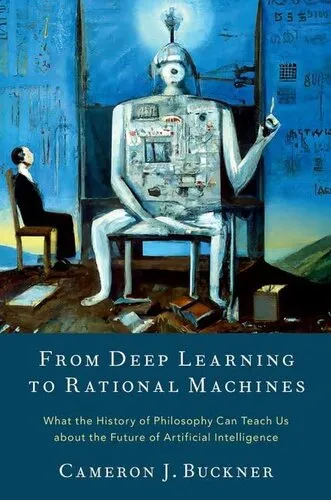

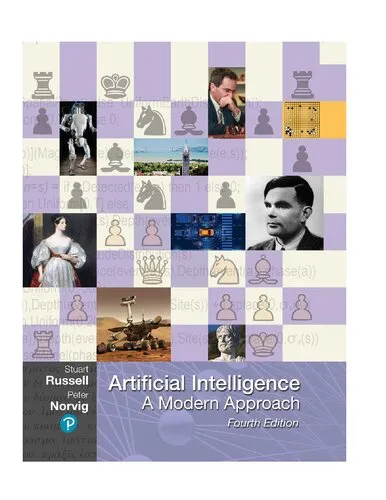
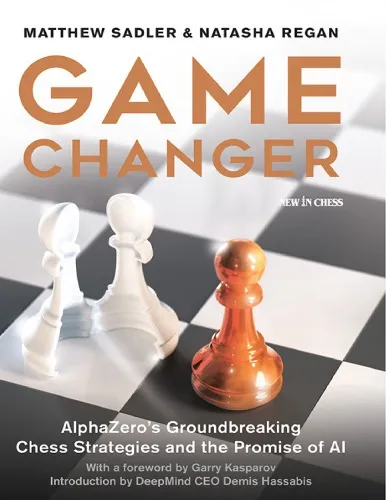
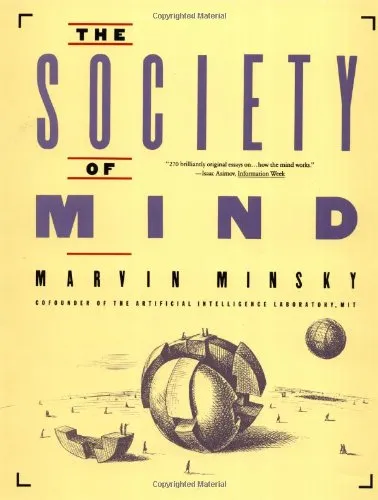
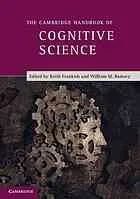
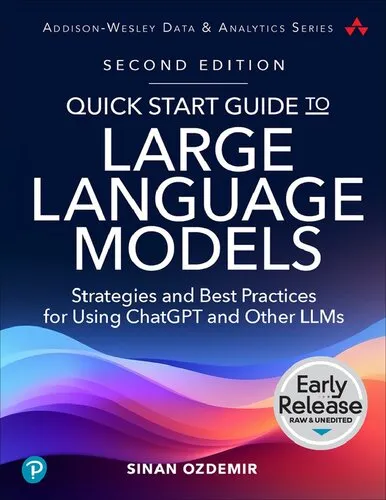
![Responsible AI in the Enterprise: Practical AI Risk Management for Explainable, Auditable, and Safe Models [Team-IRA]](https://s3.refhub.ir/images/thumb/Responsible_AI_in_the_Enterprise__Practical_A_8189.webp)
